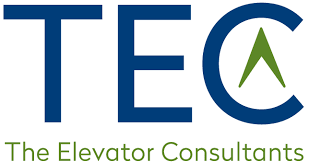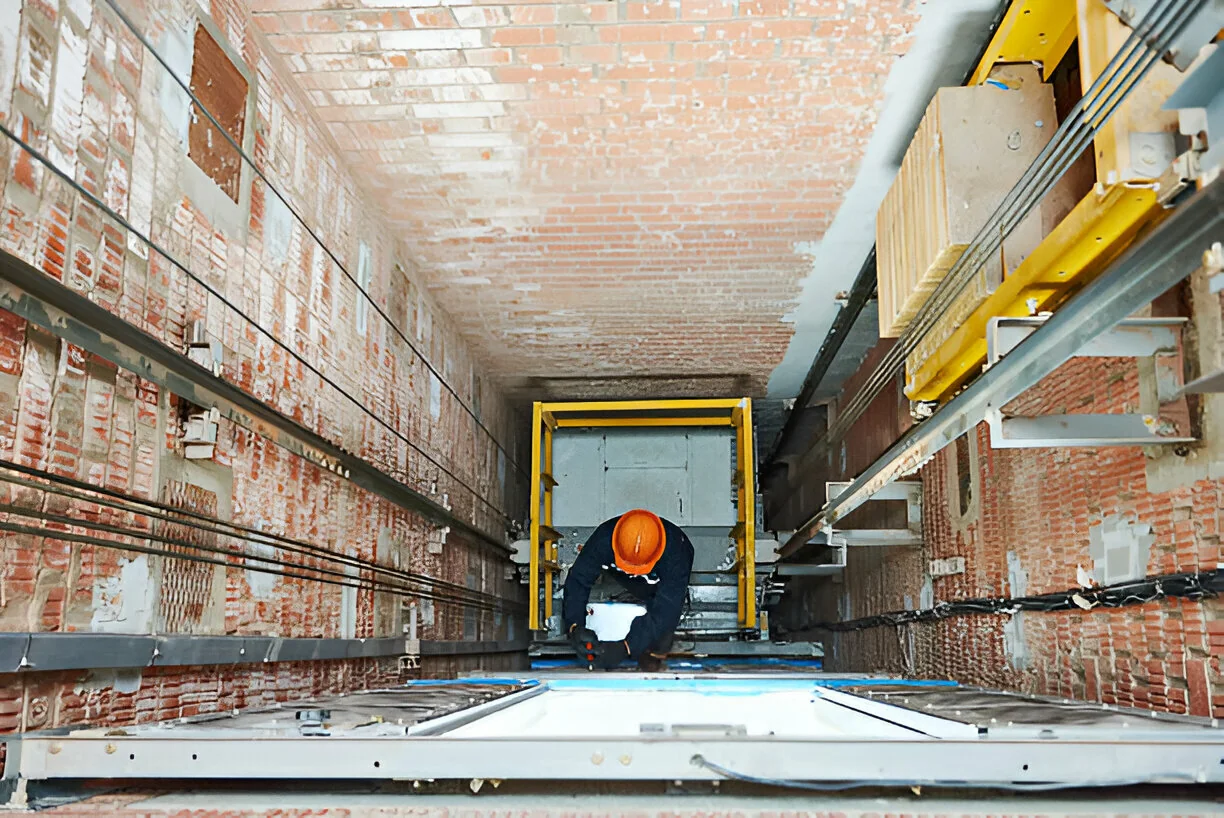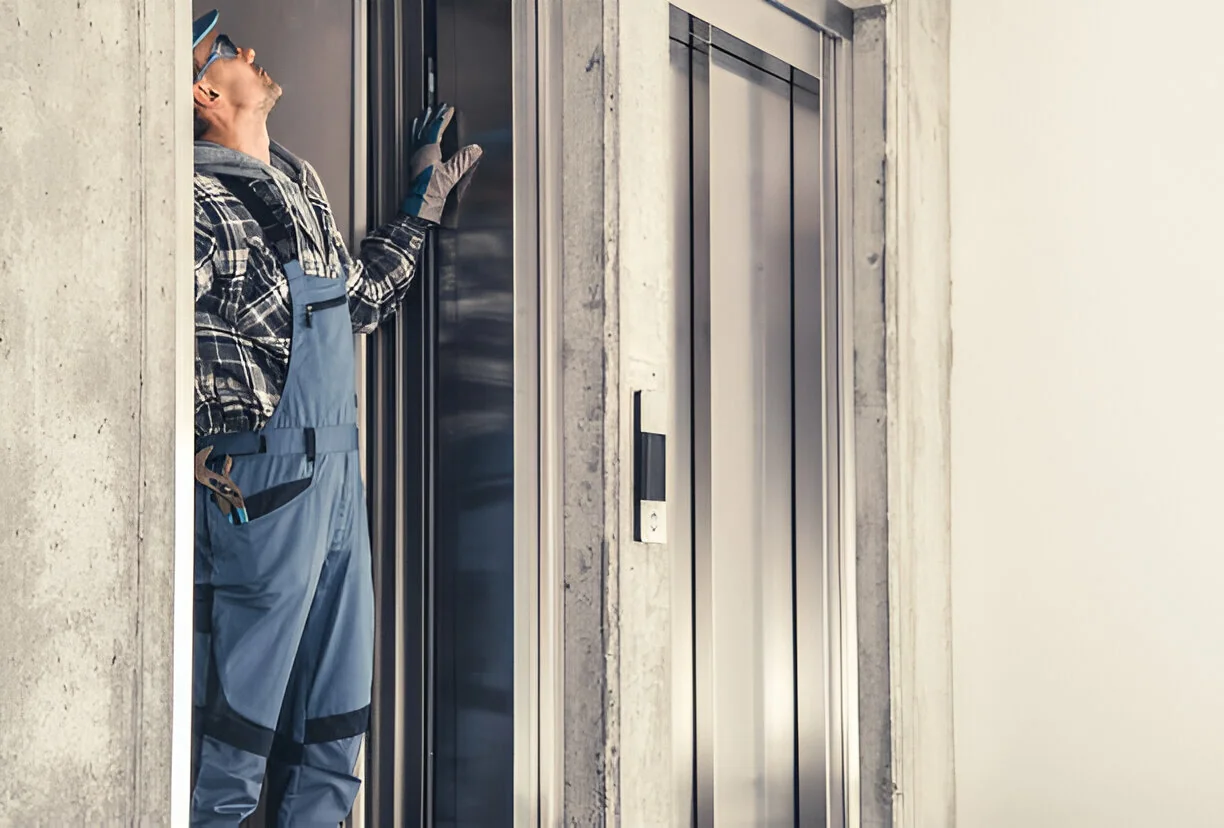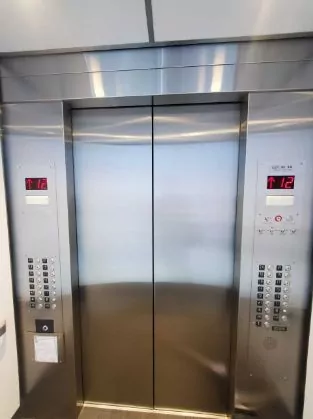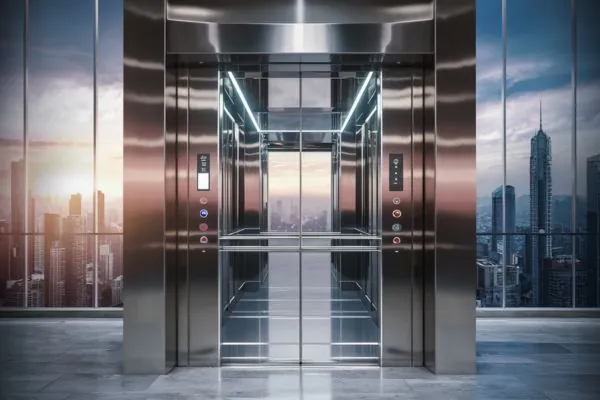In the intricate world of building management, whether it is a commercial property, hospital, residential multifamily, retail, condominium association, or hotel, elevators are pivotal in ensuring seamless vertical transportation. However, managing these complex systems requires specialized knowledge and expertise. This is where elevator consulting services come into play. The second installment of our five-part series on elevator consulting services delves into the various services offered by elevator consultants, highlighting why hiring one is a smart move for building owners and property managers.

Understanding the Role of an Elevator Consultant
Elevator consultants are professionals with extensive knowledge of elevator systems, regulations, and industry best practices. They offer a wide range of elevator consulting services that ensure your elevators operate efficiently, safely, and cost-effectively. Their expertise covers everything from initial assessments and maintenance planning to modernization advice and compliance checks to invoice review and reconciliation.
Key Services Offered by Elevator Consultants
1. Elevator System and Service Audits
An elevator system audit is a comprehensive assessment of your existing elevator infrastructure condition and the service the location is receiving. Consultants evaluate the condition, performance, and compliance of your elevators, identifying areas for improvement. This audit includes:
- Condition Assessment: Surveying the physical and operational state of the elevator components.
- Performance Evaluation: Analyzing the efficiency and reliability of the elevator system.
- Compliance Check: Ensuring the elevator meets all relevant safety codes and regulations.
Service Assessment: Reviewing the quality and quantity of service the building and equipment is receiving from the elevator service provider.
An audit provides a detailed report with actionable recommendations, helping you make informed decisions about maintenance, repairs, or upgrades.
2. Maintenance Planning and Management
Regular maintenance is crucial for the longevity, cost, and safety of elevators. Elevator consultants develop customized maintenance plans tailored to your building’s specific needs. These plans include:
- Scheduled Assessments: Regularly scheduled check-ups to identify and address potential issues before they escalate.
- Preventive Maintenance Monitoring: Daily monitoring of the service to prevent breakdowns and extend the lifespan of the equipment.
- Vendor Management: Overseeing the performance of maintenance service providers to ensure they meet contractual obligations and industry standards.
Effective maintenance planning minimizes downtime, reduces repair costs, and enhances the overall safety and performance of your elevators.
3. Invoice Review and Coverage
Elevator systems are complex and understanding what is covered and what is not covered is difficult to decipher by non-elevator professionals. Consultants provide:
- Invoice: Reviewing the invoice received to understand why the invoice was generated by the service provide is a cost-effective measure that may save money.
- Proposals: Suggesting specific improvements or plan proposals are common procedures by the elevator companies, determining if the work is needed is key.
- Charges: The fees charged by a service provider need help evaluated by a building to understand if it are covered.
Reviewing invoices and charges you may receive from the service provider is a difficult task and having someone on your side to work through these fees to see if they are necessary, covered in the contract, or just plain understanding the situation is what a consultant can do for you. .
4. Modernization and Upgrade Consultation
Elevator systems, like all technology, evolve over time. Upgrading or modernizing your elevators can improve performance, energy efficiency, and user experience. Consultants provide:
- Modernization Assessments: Evaluating the current system to determine if modernization is necessary.
- Upgrade Recommendations: Suggest specific improvements, such as new control systems, energy-efficient motors, or updated safety features.
- Project Management: Overseeing the entire modernization process, from planning and budgeting to implementation and final inspection.
Modernization not only enhances the functionality of your elevators but also adds value to your property and can eliminate the unnecessary service issues of an older elevator.
5. New Installation Consultation
When constructing a new building or adding elevators to an existing one, the expertise of an elevator consultant is invaluable. They assist with:
- Design and Planning: Advising on the best elevator systems to meet the building’s needs and usage patterns.
- Vendor Selection: Recommending reliable manufacturers and installation contractors.
- Project Oversight: Ensuring the installation is completed on time, within budget, and to the highest standards of quality and safety.
6. Compliance and Safety Checks
- Elevator consultants are well-versed in the latest safety codes and regulations. They conduct thorough compliance checks to ensure your elevators adhere to all legal requirements. This includes:
- Safety Inspections: Regularly surveying the elevators to ensure they meet safety standards.
- Regulatory Updates: Keeping you informed about changes in elevator codes and regulations.
- Documentation and Certification: Ensuring the elevators are ready for inspection and all proper and necessary documentation is on-site to prove compliance during inspections by regulatory authorities.
Compliance checks are crucial for avoiding fines, and legal issues, and ensuring the safety of elevator users.
7. Emergency Consultation and Issue Resolution
When an elevator breaks down or encounters a significant issue, swift action is required. Elevator consultants offer emergency consultation services to address urgent problems efficiently. This involves:
- Root Cause Analysis: Identifying the underlying cause of the issue.
- Immediate Repairs: Coordinating with service providers to ensure prompt and effective repairs.
- Preventive Measures: Implementing strategies to prevent future occurrences.
Having an expert available during emergencies can significantly reduce downtime and restore normal operations quickly.
8. Energy Efficiency and Sustainability Consulting
With a growing emphasis on sustainability, elevator consultants help buildings reduce their carbon footprint. They provide:
- Energy Audits: Assessing the energy consumption of your elevator systems.
- Efficiency Upgrades: Recommending and implementing energy-saving technologies and practices.
- Sustainability Certifications: Assisting in obtaining certifications for green building practices.
Energy-efficient elevators not only reduce operating costs but also contribute to environmental conservation efforts.
9. Elevator Service Monitoring
Installing the elevatorApp to ensure the building is receiving service and has all the proper documentation in one location is essential for the operation of elevators. The ElevatorApp offers:
- Maintenance Tracking: Buildings will have all routine maintenance, callbacks, entrapments, repairs, response time, testing data, and more in one area at the click of a button.
- Building data: A building can review its data at any time to understand the service the elevators are receiving, and issues and make sound decisions based on best practices.
- Regulatory Knowledge: Keeping staff informed about relevant codes and compliance requirements in one area needed for compliance.
The ElevatorApp empowers your team to understand the day-to-day operations effectively and safely.
Why Hire an Elevator Consultant?
Expertise and Experience
Elevator consultants bring specialized knowledge and years of experience to the table. Their expertise ensures that all aspects of your elevator systems are managed efficiently and safely.
Cost Savings
By optimizing maintenance schedules, avoiding unnecessary repairs, and implementing energy-efficient solutions, consultants help you save money in the long run. Their ability to negotiate better contracts with service providers also results in cost reductions.
Enhanced Safety and Compliance
Safety is paramount in elevator management. Consultants ensure that your elevators comply with all safety standards and regulations, reducing the risk of accidents and legal issues.
Peace of Mind
With a professional consultant managing your elevators, you can focus on other aspects of building management, knowing that your vertical transportation systems are in capable hands.
Hiring an elevator consultant is a strategic investment in the safety, efficiency, and longevity of your elevator systems. From audits and maintenance planning to modernization advice and compliance checks, elevator consultants offer a comprehensive range of services designed to meet the unique needs of your building. As the demands on vertical transportation continue to grow, the expertise of an elevator consultant becomes increasingly invaluable. Contact The Elevator Consultants today to learn more about how their elevator consulting services can elevate your building’s performance and reliability.
